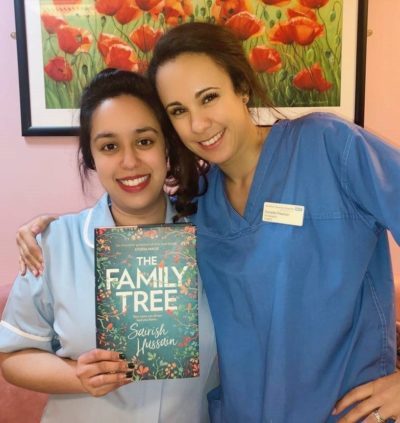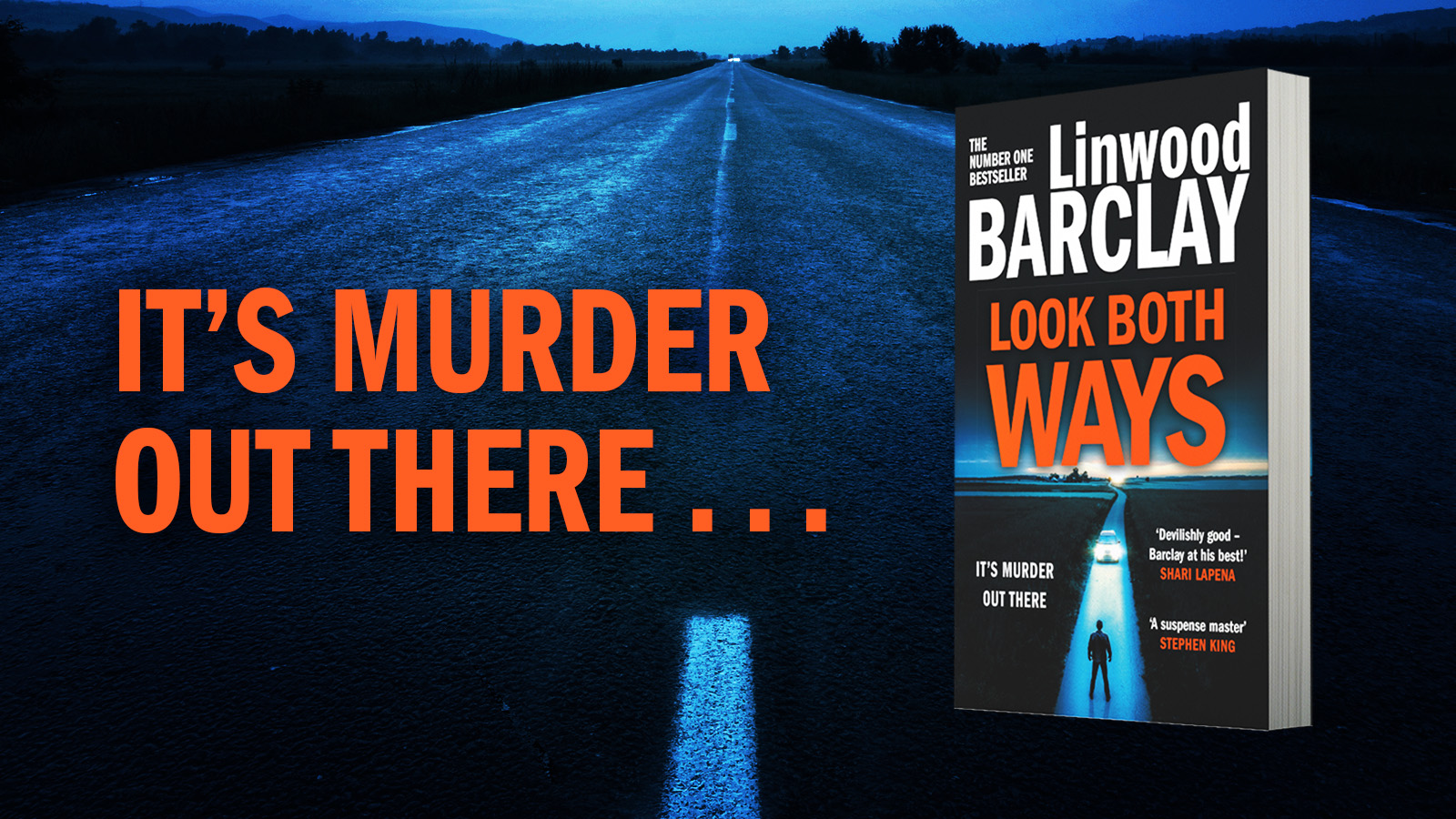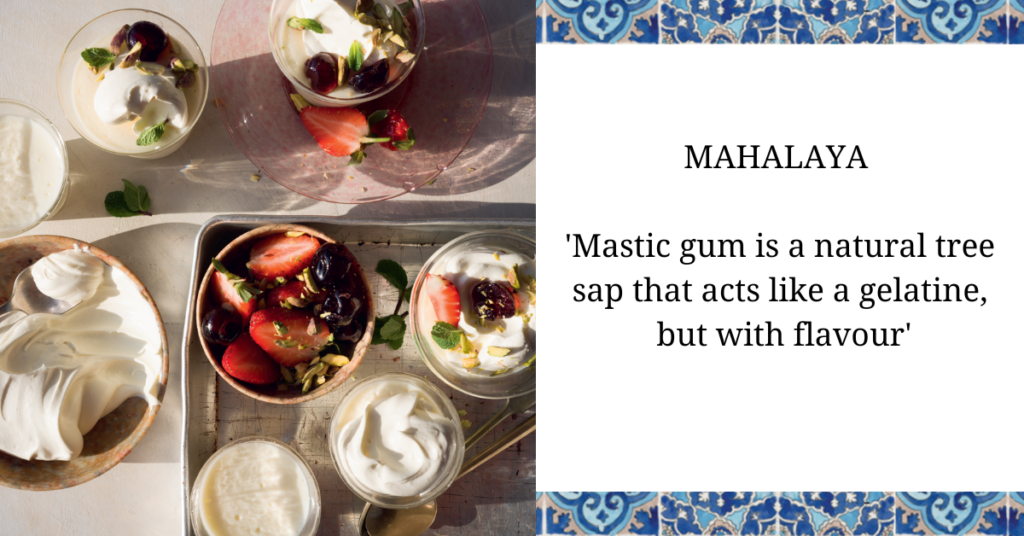My life as a debut author…
On Friday 27th March, an article appeared in the local newspaper about the publication of my debut novel, The Family Tree. It featured a photograph of me signing copies of my book at Waterstones and detailed my academic journey from English and Creative Writing student to PhD graduate. The article also informed the good people of Bradford to keep an eye out, because I was now writing ‘Book Two’. I started getting congratulatory messages on my phone from family and friends who had spotted the piece out in the wild.
On the very same day, in an alternate reality, my manager Danielle told me:
‘It’s just you and me tomorrow, okay. A&E, ICU, COVID ward, whoever needs us, we’re going.’
‘Okay,’ I replied, tentatively.
I’ve been working as a healthcare assistant in Ultrasound for over five years. It has been my ‘little part time job’ whilst I undertook postgraduate studies at university. I’m one of the few assistants in the department that does not have a medical background, nor am I moving into a healthcare related career. And that is precisely why I love working here. Not just because the staff are amazing and I have made friends for life, but because it is a complete departure from me sitting at my laptop and bashing out a one-hundred-thousand word PhD project.
… and NHS worker
The ultrasound sonographers scan everything from legs, fingers, groins, abdomens, pelvis’, buttocks, shoulders, necks, you name it, they do it. They are not, contrary to popular belief, just here for ‘baby scans’. I work in both the maternity ultrasound unit, and the main department which carries out general medical scans. I have had friends ask me if I’ll be okay working at the hospital during the coronavirus pandemic.
‘Oh, but you only do baby scans,’ they say.
Once I’ve finished ranting on behalf of the maternity unit, that ‘only baby scans’ are there to find out if your foetus still has a heartbeat. To check every part of the anatomy of your unborn baby, from head structure, to spine, to limbs measurements, to heart outflow tracts to nose and lips. We are not just a place of rainbows and unicorns, here to identify the gender of your baby so you know whether to buy a pink or blue babygrow on your next visit to Mothercare.
Once I say all this, I agree with them. Yes, I’m only a part-time healthcare assistant in ultrasound. The heroic doctors and nurses on the frontline will be the worst affected. I’m not saving any lives. I only get patients ready for scans and the wonderful team of sonographers and radiographers come in and do the hard work.
The pandemic changed everything
So, the following morning, when two COVID-19 requests come through before 9am, I realise what my manager had said the previous day was a reality, not just a warning. Off we both went wheeling an ultrasound machine through the corridors, making jokes and laughing nervously. What was going through my mind as we walked towards the infected wards? A selfish part of my brain was thinking back to a month ago when my book was first published. We’d had a party in the department to celebrate and everyone was asking me when I would be leaving this job. Me with my fancy novel and book promotion events lined up and my humanities doctorate. I wouldn’t be sticking around for much longer now that I had all that under my belt. I’d made job applications to lecture at university. I was currently under contract with HarperCollins to write book two. It was all happening.
Until the global pandemic that is. Literary festivals cancelled, book launches cancelled, bookshops closed, universities closed, lectures and seminars cancelled, recruitment placed on hold. I was one of the lucky ones whose book was on the shelves for at least a month before the shops closed. The same can’t be said for some of my fellow authors. The build-up and anticipation of ‘publication day’, of promotional activity and events, something many of us have waited years for, has come to this.
But forget all that, because I’m about to enter my first COVID-19 ward and help scan some patients. We’re given gloves and plastic aprons (things we wear even if a patient comes to the department with diarrhoea and vomiting) and a flimsy mask. Danielle asks for a better mask since she will be in close contact with the patient for about twenty minutes.
A learning curve
‘This is what we signed up for,’ Danielle says to me, before we enter the isolated room.
Inside is…. a cute, little old lady who complains about not being able to see her family. She could possibly have COVID-19 but is not a confirmed case yet. Pushing away thoughts of her dying alone with no visitors, we set to work. Everything seems fine at first, until she starts coughing and coughing and coughing. Danielle is leaning across her to scan her left kidney. The patient is not wearing a mask. I wince with each cough and want to pull Danielle away to safety.
Outside the room we disinfect every inch of the machine. ‘The patient needs to be wearing a mask when you scan them,’ I say, panicked.
Danielle nods. It’s a learning curve. This is our first patient. We’re still learning, and now we have to make our way to the next ward, where another case awaits us.
When we get back to our department, we pat each other on the back and say ‘well done’. I check the rota for the next month. We have staff self-isolating if they are pregnant or immunocompromised. All non-urgent scans are cancelled. We’re just here to scan inpatients coming down from wards, and of course, we’re on standby for the words ‘query COVID’ or ‘COVID confirmed’. Then off we go, double gloving and armed with the most potent antibacterial bleach wipes.
Dealing with crisis
The run-up to dealing with this crisis has been traumatic in itself. In our staff room, people have burst into tears. Others have insisted that we just have to get on with it. Some don’t say much, but eat their lunches quietly in the corner while corona conversations and preparations rain down on us all. Like everyone else, we’re worrying about our loved ones, our food shopping, our children’s school closures and, if we’re allowed, our own health.
Up in the maternity unit, plans are being put into place for an ‘area 19’, specifically for scanning pregnant women with coronavirus. The sonographer doing these scans will be isolated from the rest of the team for most of the day.
The dual lives of authors
During a break I scroll through my phone and find comfort on bookish Twitter. I see people sharing pictures of their enviable desk spaces as they work from home. Others are sitting in their gardens and writing and editing in the sunshine. Hang on. What am I doing here? Don’t I belong to that group?! Some days I do, and it is wonderful. Right now though, two doctors have arrived and we’re assembling in the waiting room to do a mock run-through of ‘area-19’ and how we will deal with coronavirus patients.
There are writers with a multitude of day jobs, some will be frontline NHS workers. Fellow Bradford author and pharmacist, A.A. Dhand, spoke of the challenges of providing medication and health services to patients during the lockdown. He described the workload being increased by ‘300 per cent’ in the last few days alone.
A life on pause
Being creative during the current climate is hard, if not impossible altogether. The idea of ample reading and writing time has all but diminished for many people who find they just can’t concentrate. I usually get lost in a book after at the end of a busy day, but after my shift with Danielle, I started with a headache and nausea that lasted for most of the evening. It may have been from anxiety.
Admiration and appreciation for the NHS has been rejuvenated since this crisis began. Priorities have changed for all of us and I am no different. Book two can wait. So can my aspirations of a job in academia. The most important thing I can do right now, is be there for my NHS colleagues. Like the rest of us, I don’t know what the next few weeks and months will hold. I’m no longer doing anything more important than when I am here at the hospital. Even if my job role suddenly changes and all I am asked to do is make sure my sonographers have plenty of tea and coffee to drink, then that is worthwhile. There is no contribution too small. Like so many of us, I have pressed a giant pause button on life. For now, everything else can wait.





